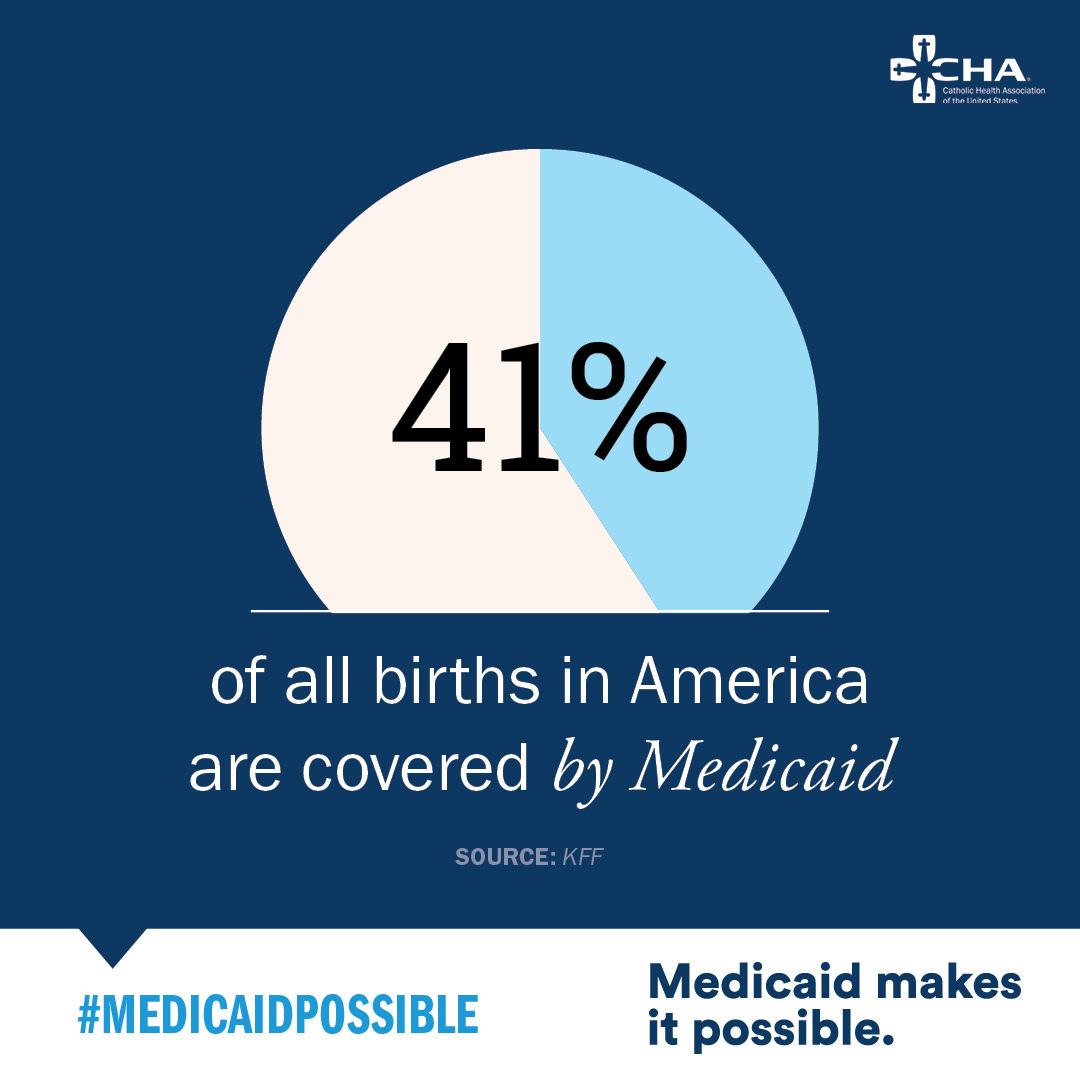
Finished reading: Neoliberalism’s Demons by Adam Kotsko 📚
Neoliberalism is, in sum, a totalizing world order, an integral self-reinforcing system of political theology, and it has progressively transformed our world into a living hell. This is felt most acutely by those who have been fully demonized by an economically rapacious and brutally violent prison system.




